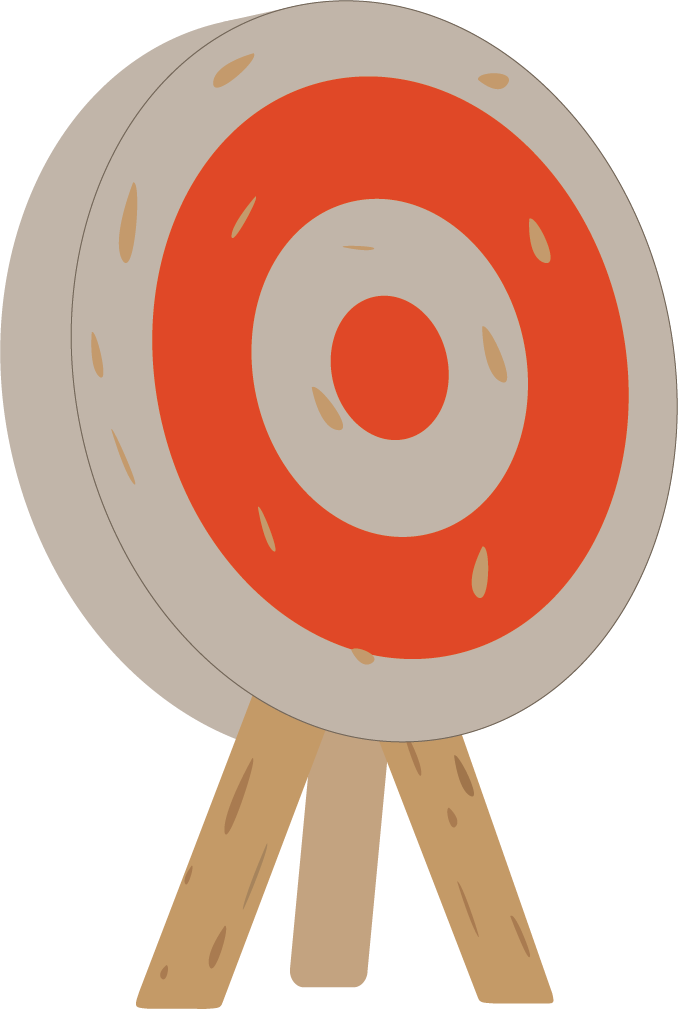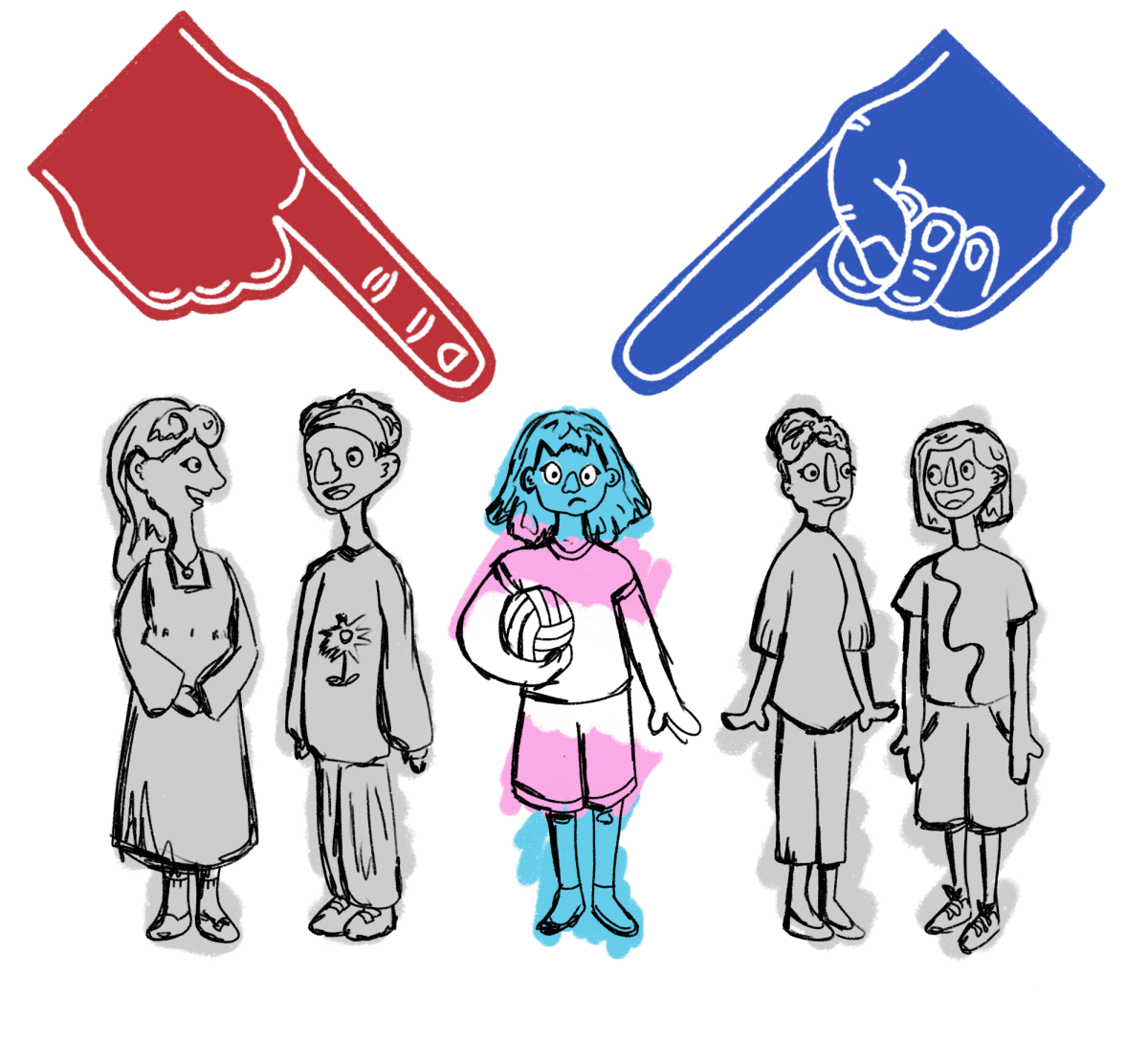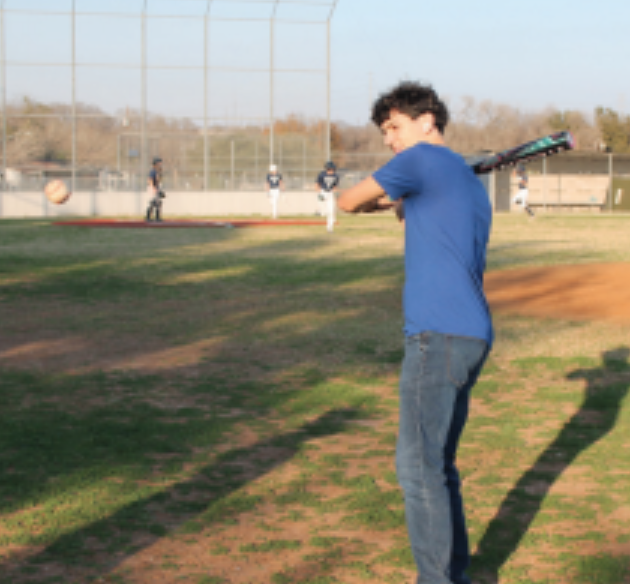Before every professional, high school, and middle school sports game there is time to warm up, to stretch, jog, practice your skills, and get ready to play. Between the ears of every athlete is one of the most important drills: preparing their mental game for the inevitable mistakes and issues they will face in the coming hours. Whether it’s listening to music, repeating a mantra, taking deep breaths, every sport has a mental component to it and every player has their own strategy to take it on.
Senior Natalia Perez is the captain of LASA’s varsity girls soccer team. She explained her routine involves drinking ginger fizz packets, being by herself, and listening to music.
“Right before warming up I like to eat a rice krispie to get some sugar in my body in order to prepare for a physical battle,” Perez said. “Lastly, it’s important to me to say a prayer and give myself words of encouragement. A lot of people skip this step because of how embarrassing it can be. I believe that this part is the most valuable to me because I am able to bring myself down to earth and shake those nerves away.”
Coach Donnie Maibs, head of athletic performance and women’s volleyball and men’s tennis coach at the University of Texas at Austin (UT), described an athlete he used to coach. According to him, this athlete had an insurmountable mental block, and he detailed the way they worked together to help her move past it.
“They ended up giving her this herbal tea that she thought had all the stuff in it that made her feel better, and it’s literally just normal tea, but because she thought it had something in it, the placebo effect helped her,” Maibs said. “She ended up being a 2-3 time all-American middle blocker.”
Maibs has coached football, tennis, track, soccer, and volleyball over his 29 years of coaching. During his career, he noticed that certain positions and sports can be more stressful than others.
“A volleyball player, the libero back there, a little tiny girl that passes the ball, that is very stressful,” Maibs said. “They have a mental block because the ball is coming right out and there’s nobody to help. They’ll fall flat on their face to keep it in. I’ve seen it. If they’re not mentally resilient… they get exposed.”
LASA junior Elizabeth Bircher is a swim and dive captain for the school’s team. She described the difficulties of being a successful diver, which, according to her, include the high degree of isolation and judgement that are crucial in the sport.
“The pressure of diving in front of judges in a silent environment makes it even more nerve-wracking because it is so different from the practice experience,” Bircher said. “I have had mental blocks on some of my higher-difficulty dives such as back two-and-a-half somersault tuck on three meters. This dive is especially hard for me because you are facing backward to the water, so you must be aware and know when to come out of the flip to enter the water. Having a mental block on this dive made it difficult to work on in practice, which resulted in worse performance during competitions.”
Bircher credited her eventual success and ability to overcome these mental blocks to forming the ability to let go of mistakes. She managed her anxiety by focusing more on how she felt instead of what her coach wanted her to do.
“Preparing my mental game helped me recently at districts; I was able to hit all of my dives and earn a new PR,” Bircher said. “A greater emphasis on the mental game would improve my ability to succeed at meets.”
According to Bircher, a mental mindset change can significantly alter your game, and it is pivotal for good performance to have a specific and well-developed mental game. Perez explained that it was mental stability and security that often determined winners and losers, not skill, as seen in star athletes having “off” games.
“Letting go of anxiety is tough, but it’s crucial for players to remind themselves of their capabilities,” Perez said. “With time and focus, these affirmations can shift their mindset, allowing them to reach that flow state where everything clicks.”
Maibs explained that he likes to remind athletes that it isn’t just about the game. He believes everything in a player’s life connects back to how they play, and Maibs hopes to leave any athlete he meets with a key piece of advice.
“If your mental health is really tough [at home, in your personal life] you’re not gonna have to budget bandwidth in your sports to be resilient mentally,” Maibs said. “Sometimes, it’s not a performance staying on your own or on the field; you go to go home. You got to get better sleep. You got to get a better relationship at home. You got to prioritize your time and not waste time so that when you come to your sports you have a lot more capacity and budget to handle stressful situations… That to me is like 101 mental to me that most kids don’t know how to manage.”






